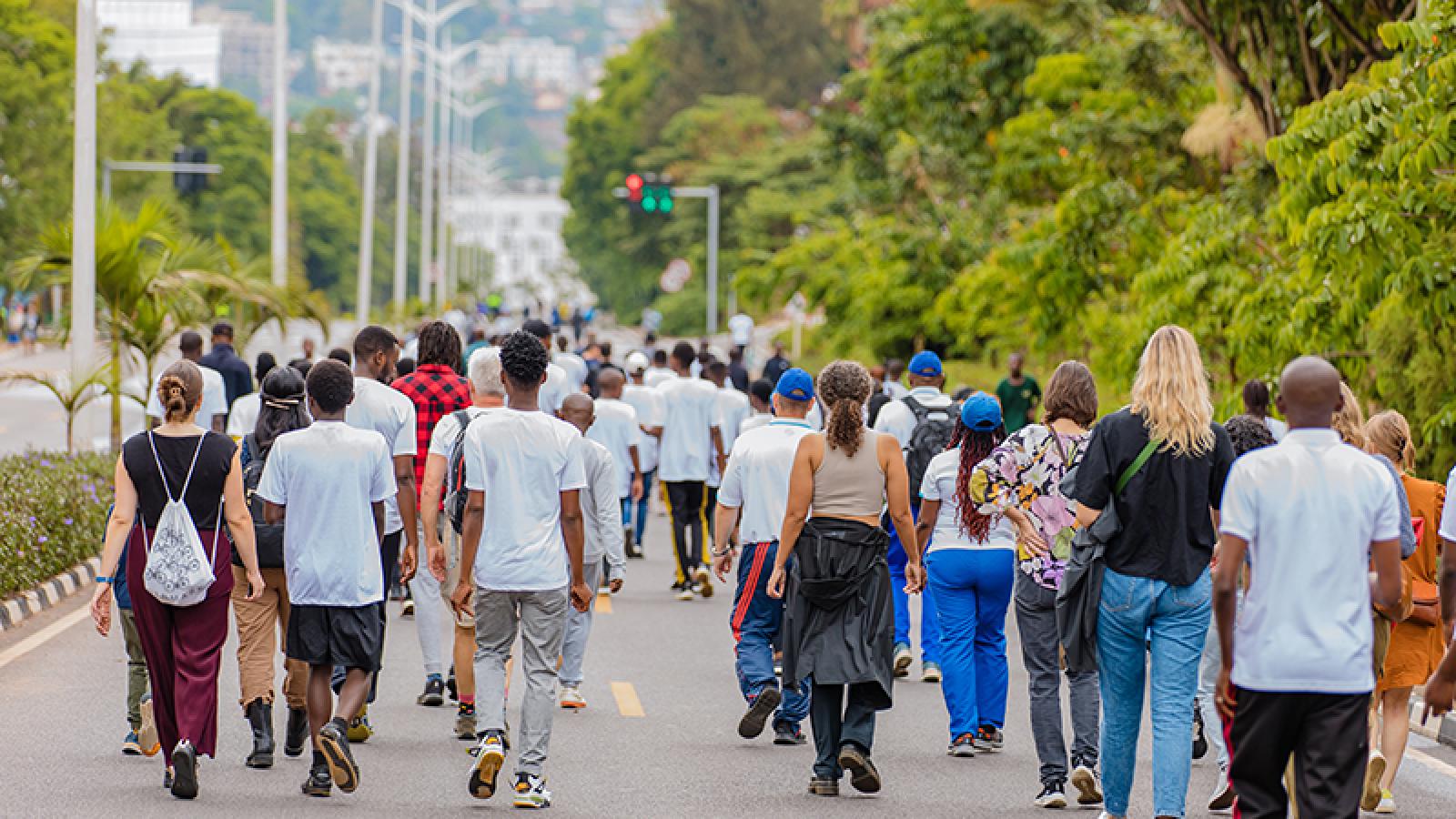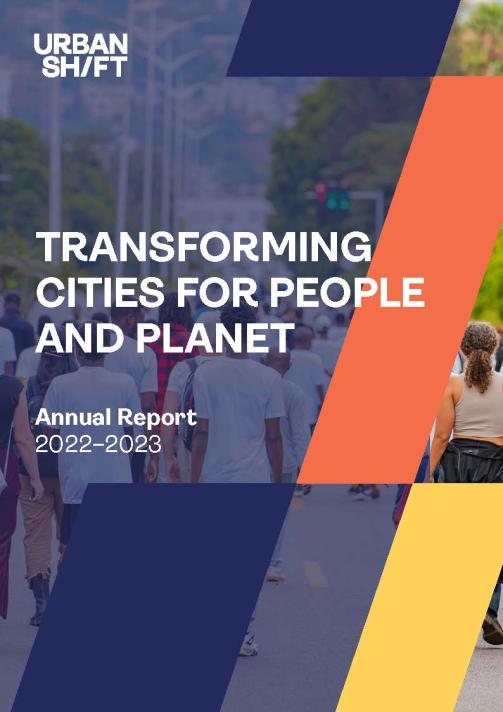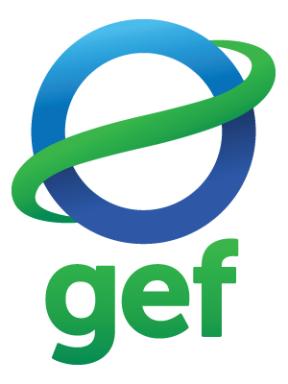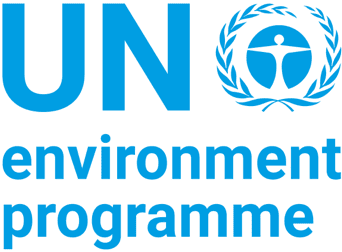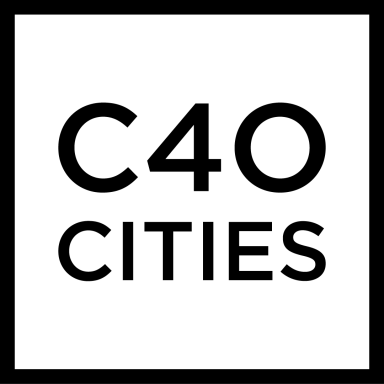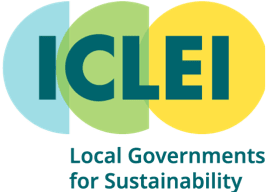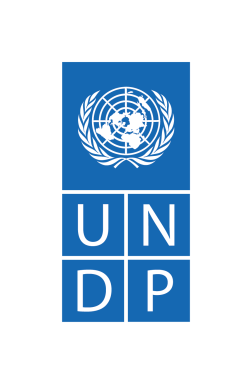Global Environment Facility
Annual Report 2022-2023
In its second full year of implementation, UrbanShift scaled up its capacity-building events and continued supporting the 23 cities within the network and beyond to develop integrated plans for sustainable development.
The UrbanShift Asia Forum in New Delhi. Sharing the online City Academy courses with the world. The launch of Freetown’s Climate Action Strategy. Three in-person City Academies, four Finance Academies, three Peer-to-Peer Exchanges. And so much more. For UrbanShift, the past year has been activity-filled and transformative. Shifting the path of urban development toward greater sustainability, equity and integration takes time and concerted, coordinated effort. UrbanShift is proud to be a partner for the 23 cities in our network as they work toward this transition. Our latest Annual Report documents the full scope of our work over the past year, and the immense progress cities have made in laying the foundation for transformative change.
The UrbanShift 2022-2023 Annual Report picks up where our inaugural report left off last year, and offers a complete look at what our program has accomplished in the past year—and where we’re heading as we move into the second half of the initiative. We encourage you to read the report in full, and explore key highlights below.
We hosted around 30 events and reached over 2,300 people
For just a sample of our events over the past year, check out these deep dives on the UrbanShift Asia Forum in New Delhi, the Geospatial Analysis Lab in Ushuaia, Argentina and the Peer-to-Peer Exchange on Urban Cable Cars in Medellin, Colombia.
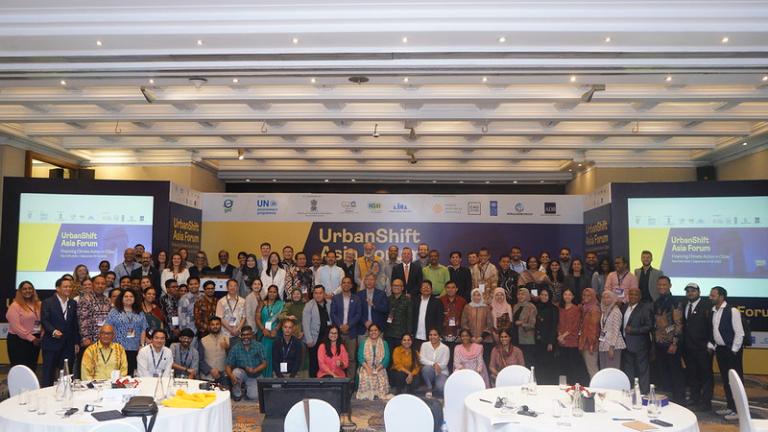
UrbanShift Asia Forum 2023: Transforming cities for a sustainable tomorrow
UrbanShift's first regional forum focused on the critical topic of financing sustainable urban transformations.
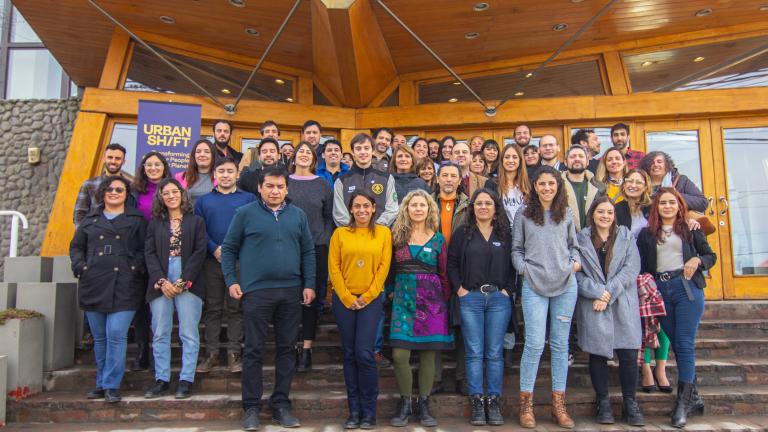
UrbanShift Geospatial Analysis Lab Ushuaia
Through this strategic workshop, UrbanShift and the City of Ushuaia collaborated on data-driven approaches to sustainable urban growth.
Cable Cars: A Low-Carbon Transit Solution for Growing Cities
Medellín’s experience adapting cable cars to an urban context provides an inspiring and practical solution for congestion, air quality and a host of other challenges faced by cities in the Global South.
We launched three essential resources for cities
Make sure you explore the Online City Academy, the UrbanShift and Cities4Forests Geospatial Dashboard and the UrbanShift guide to Public Private Collaboration to Scale Sustainable Urban Development in the Global South.
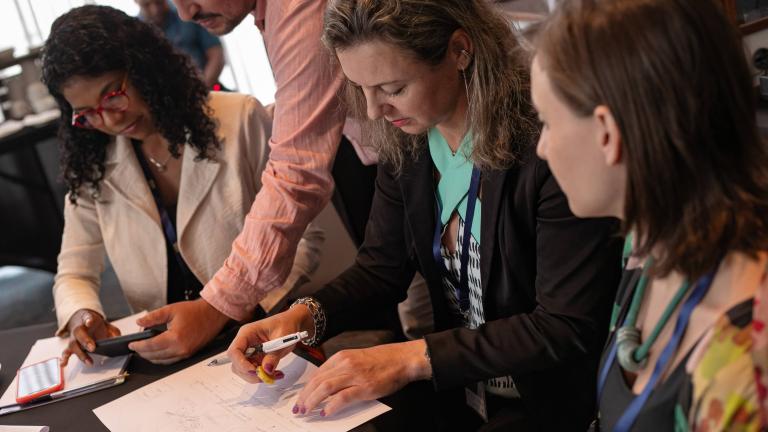
Online City Academy
The UrbanShift City Academy offers city officials and urban practitioners open access to eight self-paced online courses, focused on urban planning themes that are critical to shaping low-carbon, climate-resilient and inclusive cities. The courses have been developed by experts at the UN Environment Programme, World Resources Institute, C40 Cities, ICLEI – Local Governments for Sustainability, and other global partners.
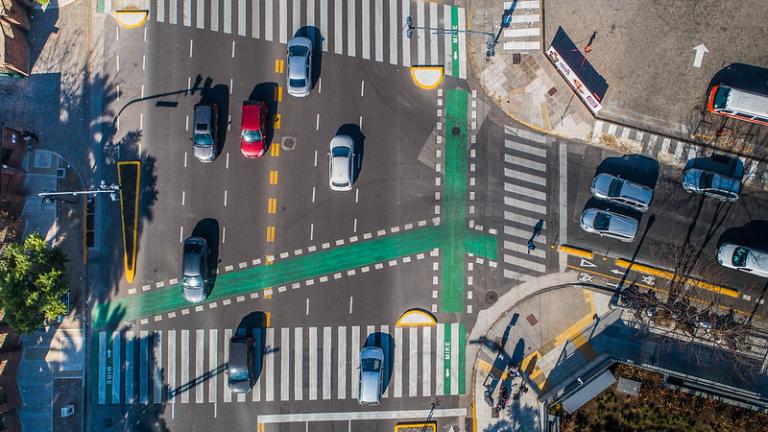
Geospatial Indicators Dashboard
This dashboard, developed by UrbanShift and Cities4Forests, provides data on indicators across seven themes related to climate change and the urban environment including air quality, extreme heat, biodiversity, and flooding. Access the dashboard, explore case studies, and find step-by-step instructions to conduct analysis here.
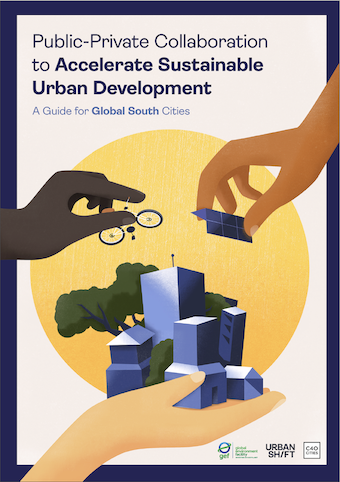
Public-Private Collaboration to Accelerate Sustainable Urban Development: A Guide for Global South Cities
This guide draws on a set of thirty Global South city case studies and illustrates five models of public-private collaboration and the tactics needed to successfully implement these models.
Cities in the UrbanShift network are making incredible strides toward sustainable transformation
Read case studies from the capital region of Costa Rica, Kigali, Rwanda, and Pune, India for a sense of how cities are fostering equity and sustainability from the ground up.
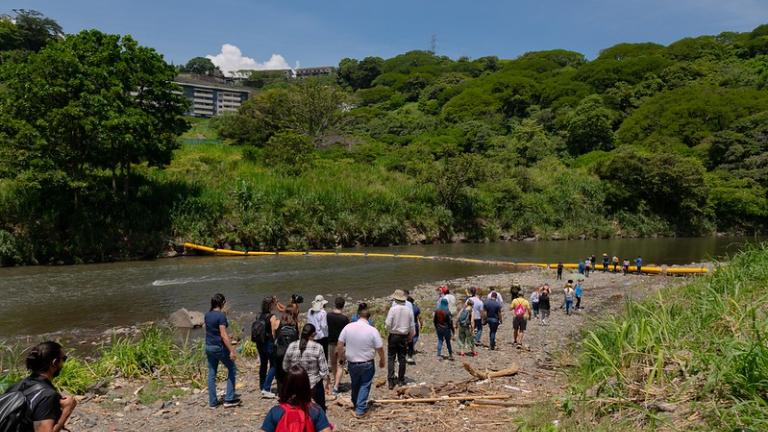
In Costa Rica, A Scalable Pilot is Trapping and Repurposing Plastic Waste Before it Reaches the Ocean
An innovative partnership is advancing a simple and effective solution to clearing plastic waste from waterways and turning it into a key element of a circular economy.
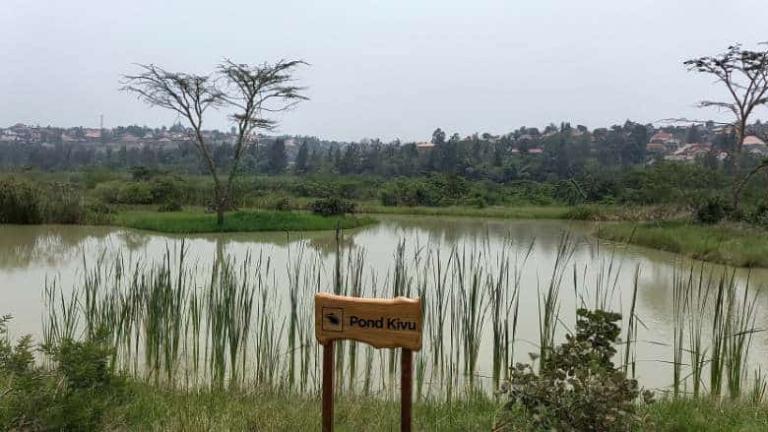
Restoring Kigali’s Wetlands to Accelerate Climate Resilience
Through its effort to restore urban wetlands, Kigali is mitigating its flood risk and emerging as and exemplar for resilient development.

Transforming Pune, one neighborhood at a time
Pune's Chief Knowledge Officer talks about some of the inspiring initiatives – from electric buses to urban farms – that the Pune Smart City Corporation is implementing to make the city smarter, greener and more resilient.
We advocated for an end to plastic pollution and increased investment in urban nature
Through UrbanShift’s presence at high-profile events like COP27 and the Paris Interational Forum to End Plastic Pollution in Cities, we sounded a powerful call for cities to adopt these important and cross-cutting goals.

How Cities are Leading in the Fight Against Plastic Pollution
At the Paris International Forum to End Plastic Pollution in Cities, global mayors shared insights on the power of local action to limit waste and transition to a circular economy.
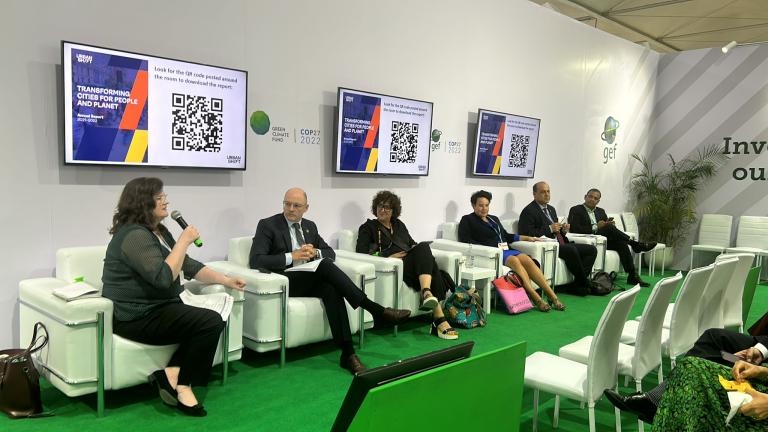
UrbanShift at COP27
UrbanShift led and participated in crucial discussions around climate finance, multi-level governance, and nature-based approaches in Sharm el-Sheikh, providing our stakeholders with a space to share their climate goals and challenges.
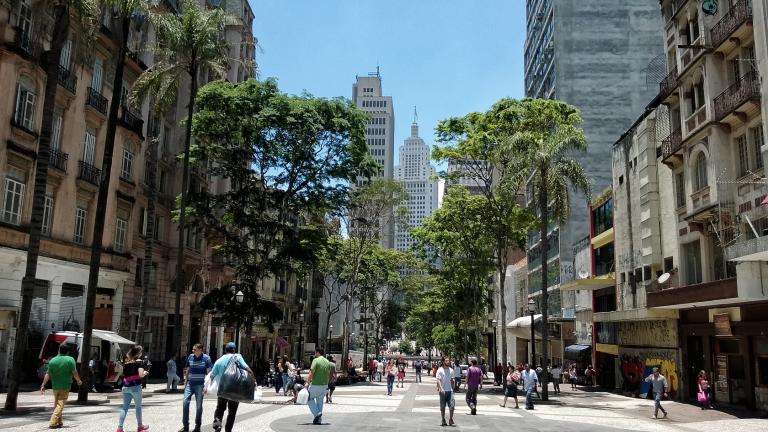
Cities Summit of the Americas: Building Resilience with Nature in Cities
During this session at the Cities Summit of the Americas in Denver, leaders and experts shared perspectives on successful nature-based solutions in Latin American cities, as well as strategies to increase financing for resilience efforts.
Following this eventful year, we are more optimistic than ever about the potential of cities to become the sustainable, equitable and livable places we and the planet need to thrive. We look forward to more activity and progress in 2024!
